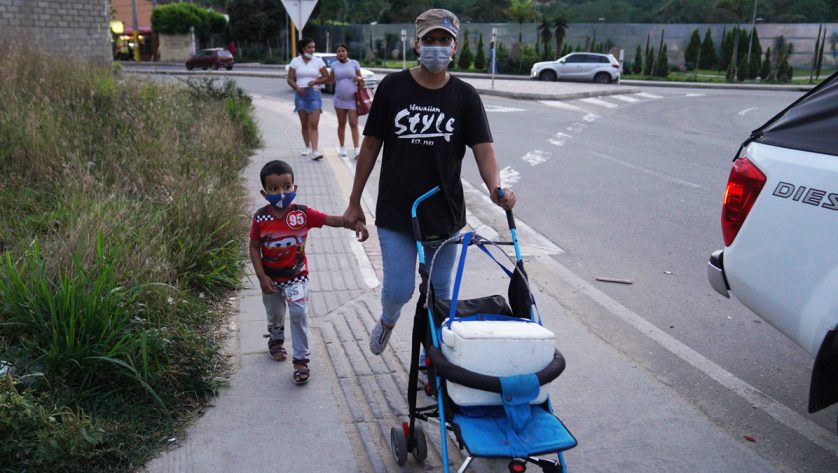After losing her house twice to the mighty Jamuna river in central Bangladesh, Joynab, lived in temporary huts made of straw and bamboo. Joynab desperately needed a better house as moderate rain and storms caused her terrible trouble.
Recently, Joynab finally moved into a new, flood-resilient house and she says it is a big relief as she can live with a peace of mind. “Now, I am more than happy with my new house. I do not have to worry about the upcoming flood,” Joynab says. Bangladesh Red Crescent and the IFRC have also supported Joynab with a strong and flood-resilient toilet to make life easier.
Joynab’s livelihood has changed leaps and bounds. With a cash grant of 25,000 Taka (300 US dollars), Joynab bought two sheep and a goat, which provides her milk and gives her security.
Two years ago, Joynab lost her home and her hope but in recent months, life has changed for the better. Joynab says she can now manage three meals a day, something she couldn’t imagine just a year ago. She says what makes her most satisfied, is the sense of security with her new home, toilet facilities, and a source of income.
 Red Cross Red Crescent magazine
Red Cross Red Crescent magazine 
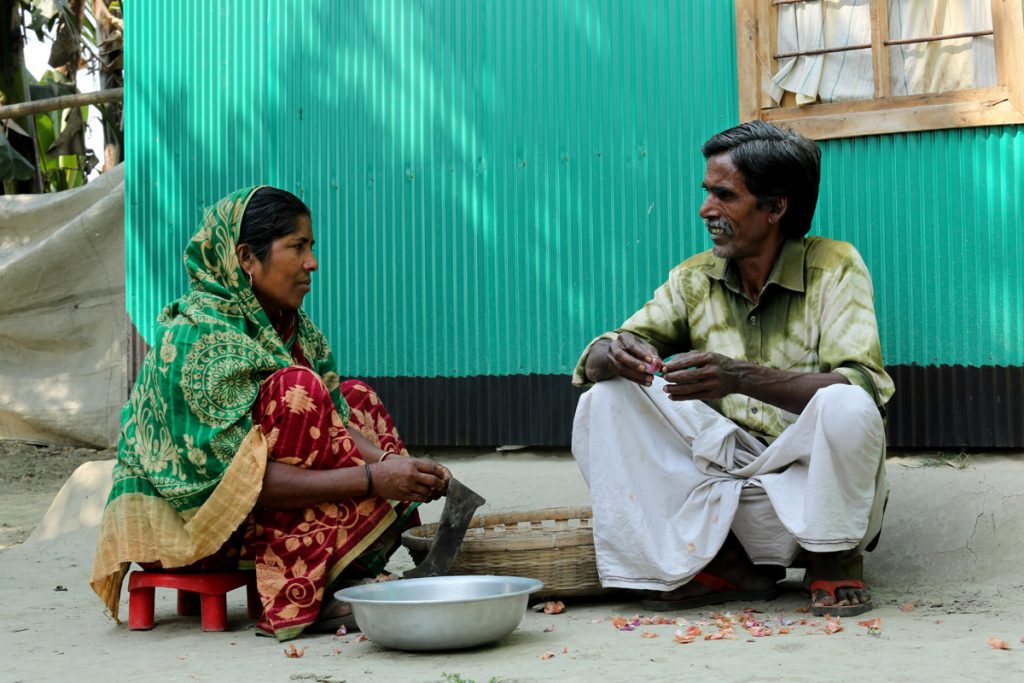

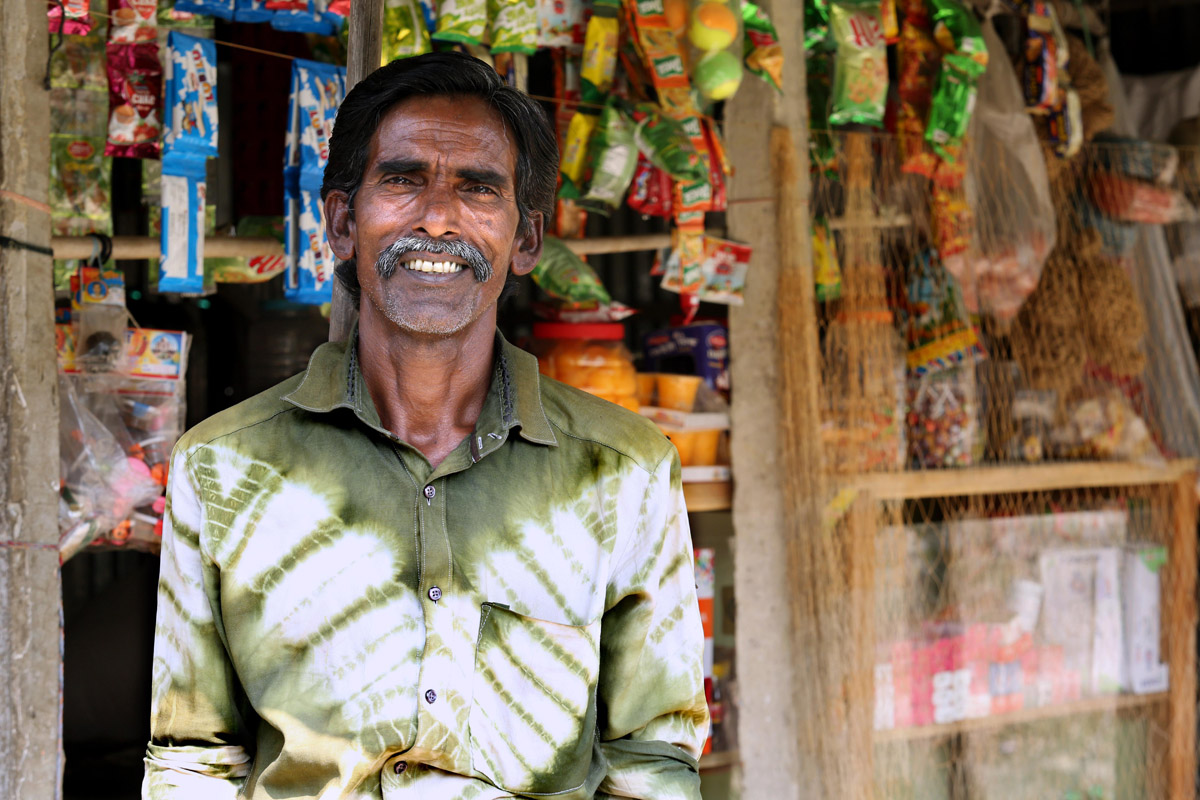
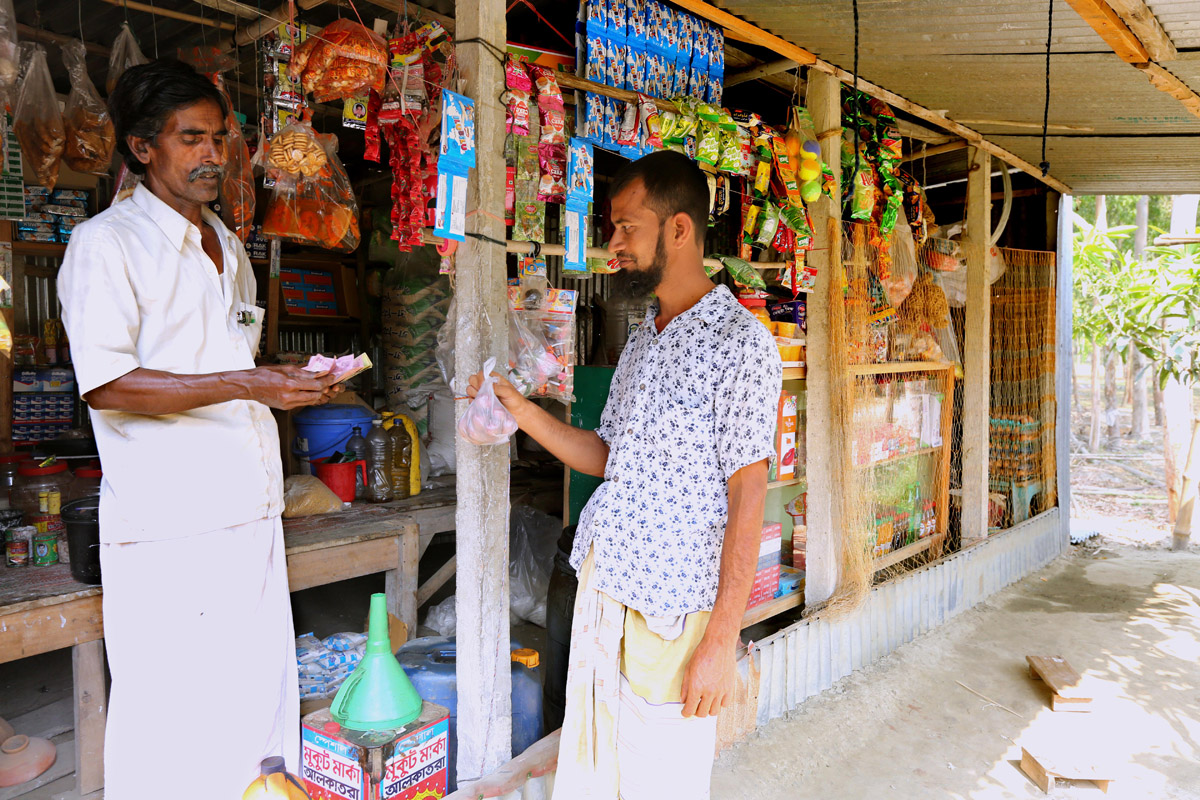
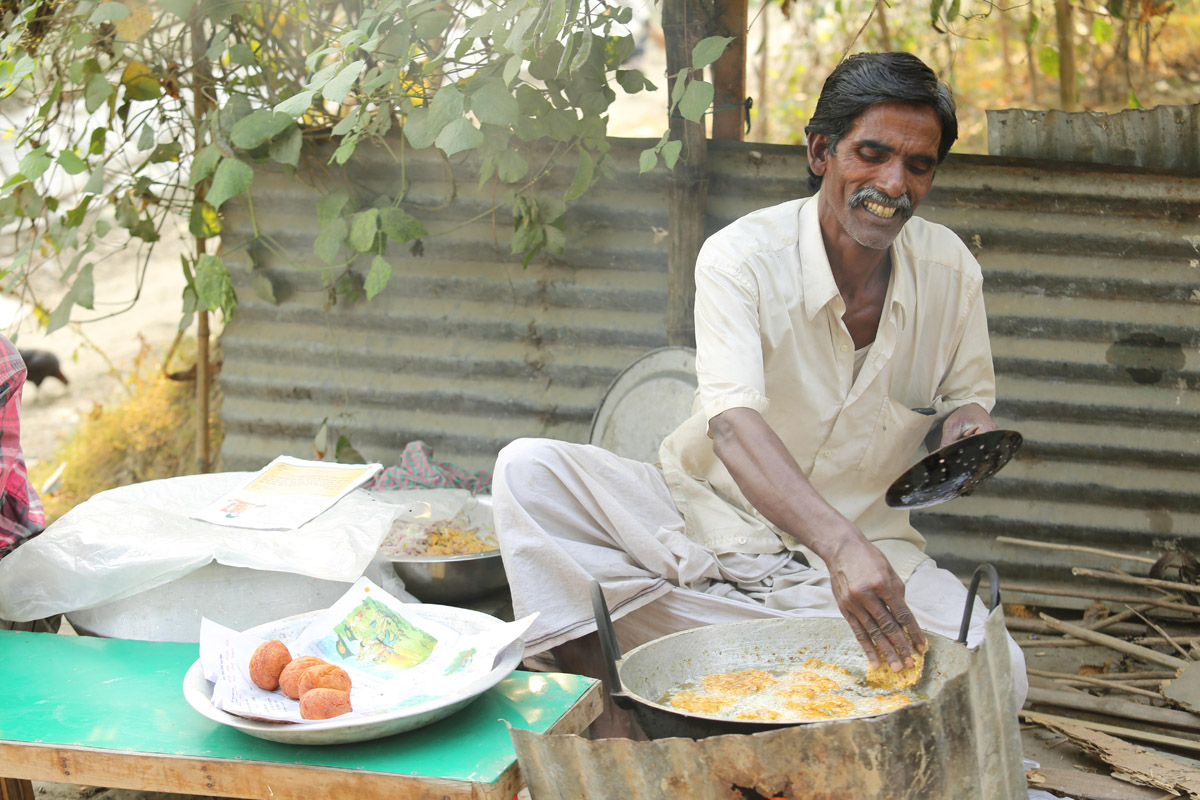
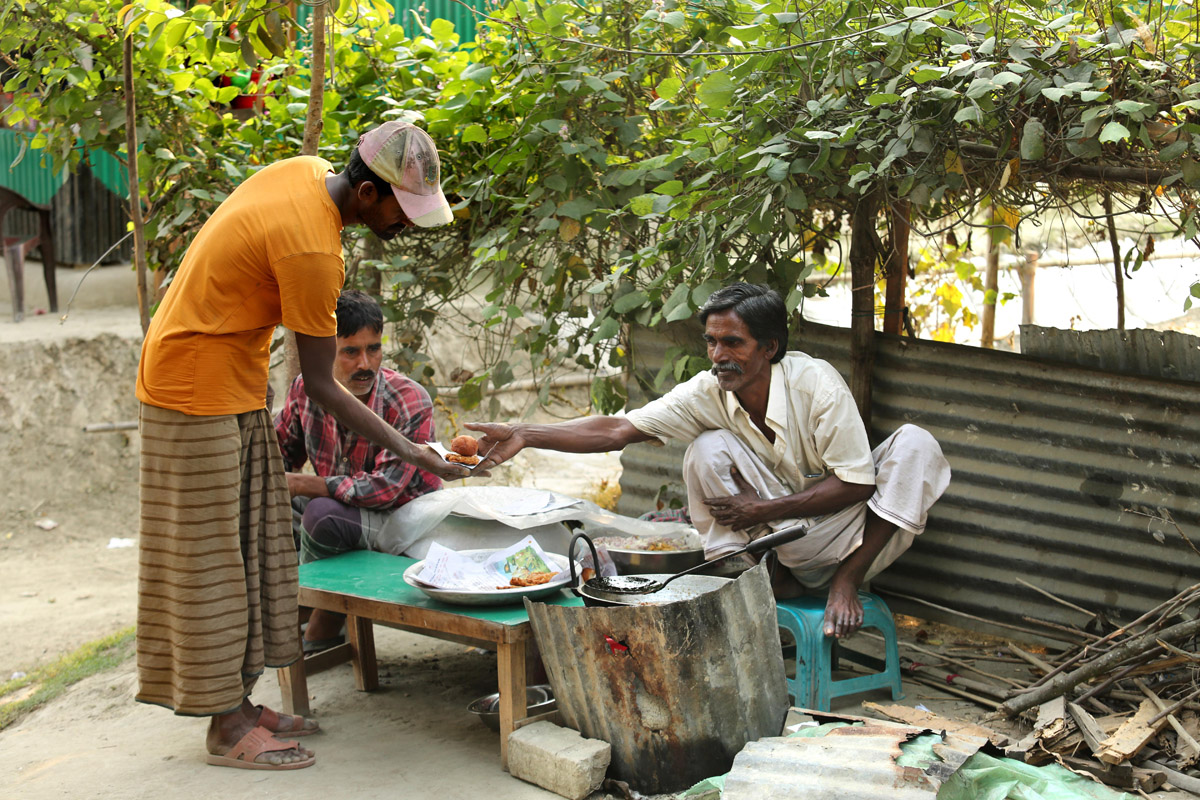
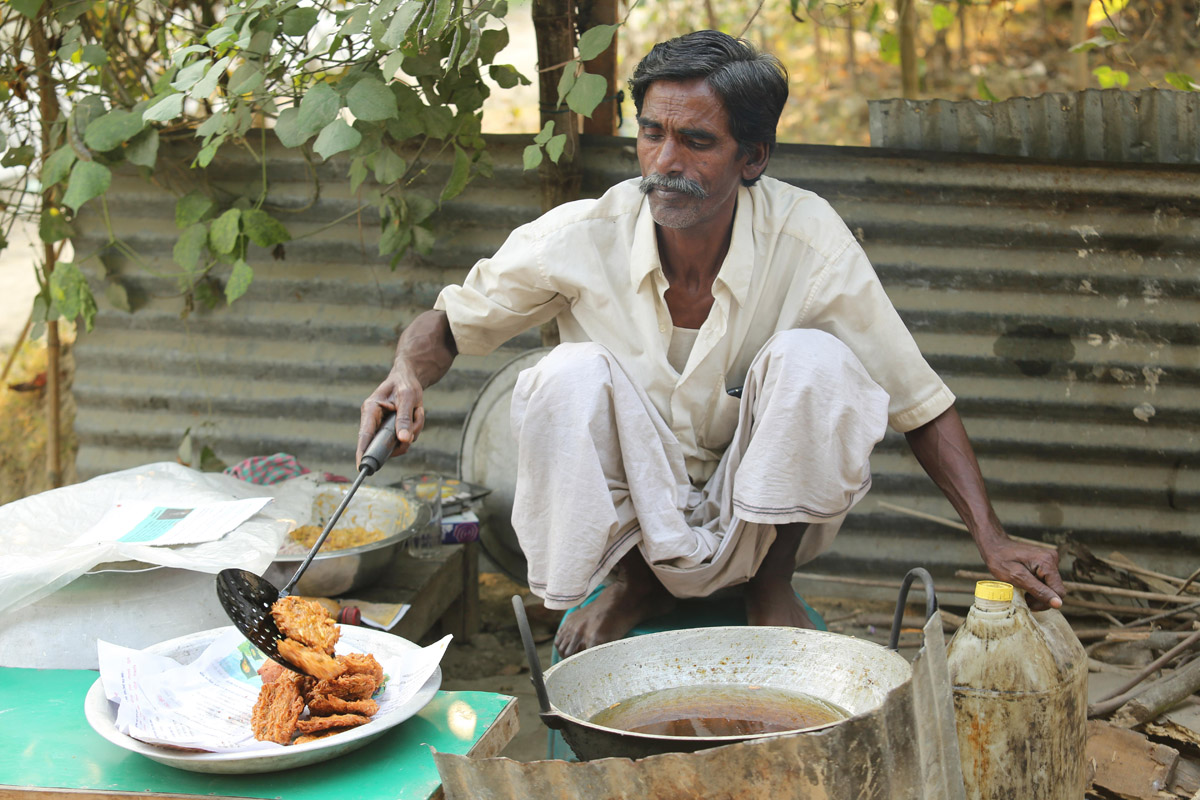
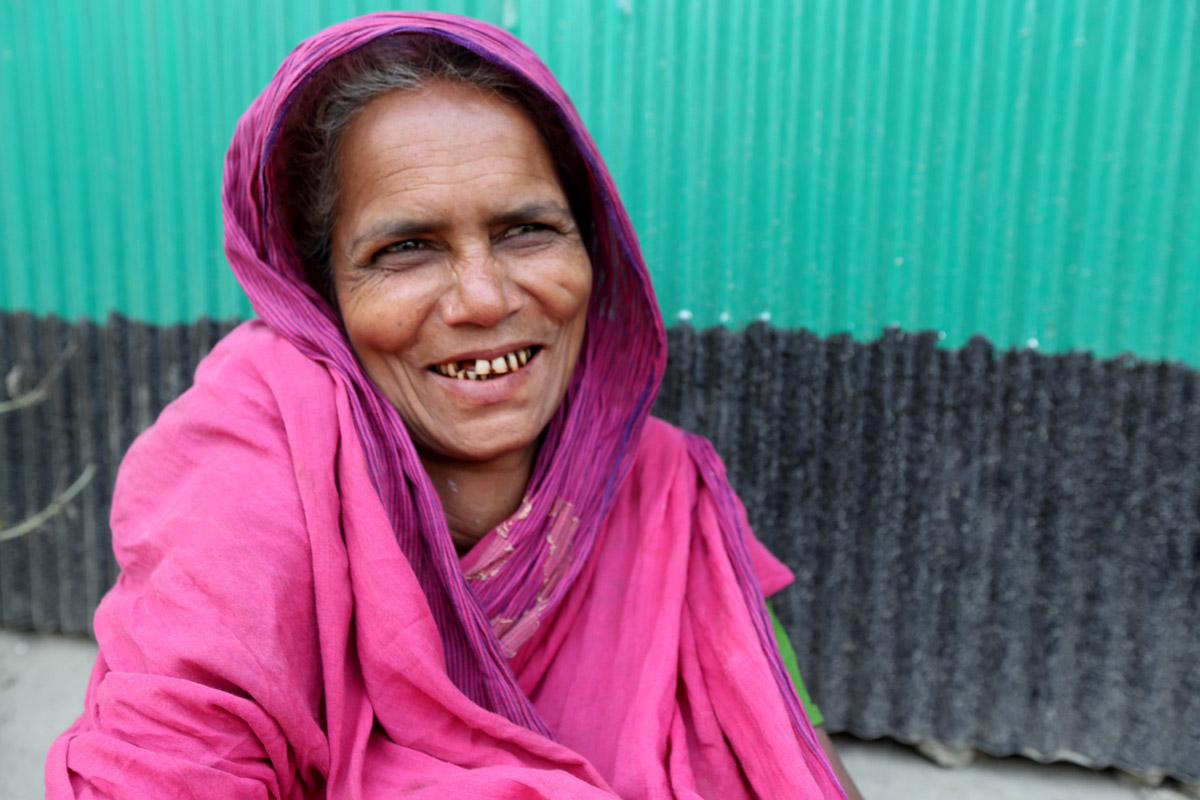
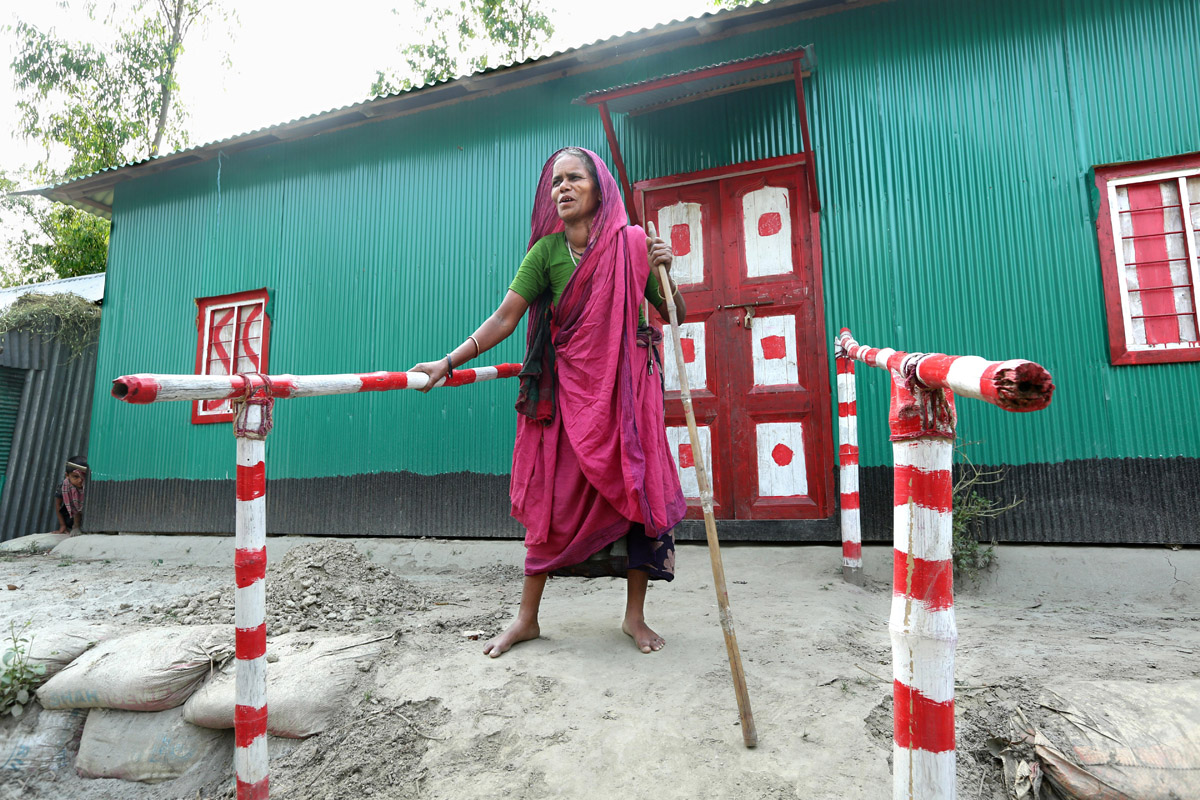

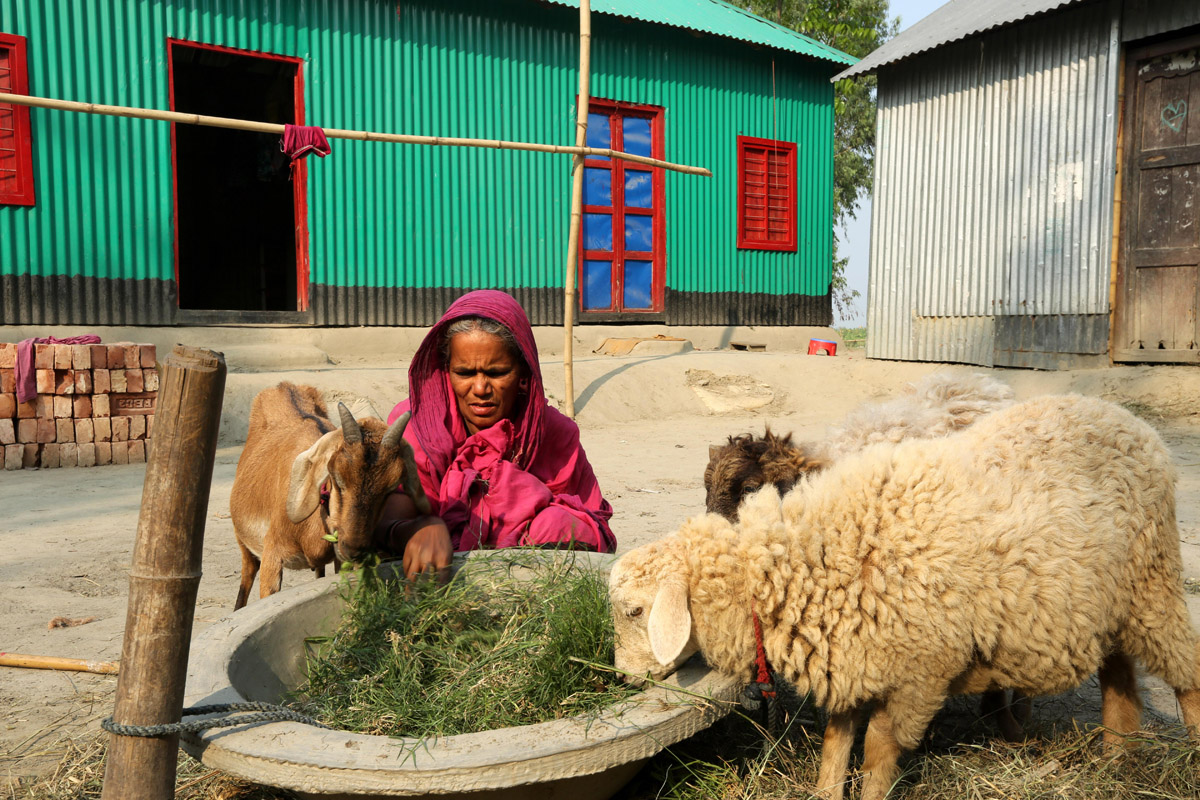
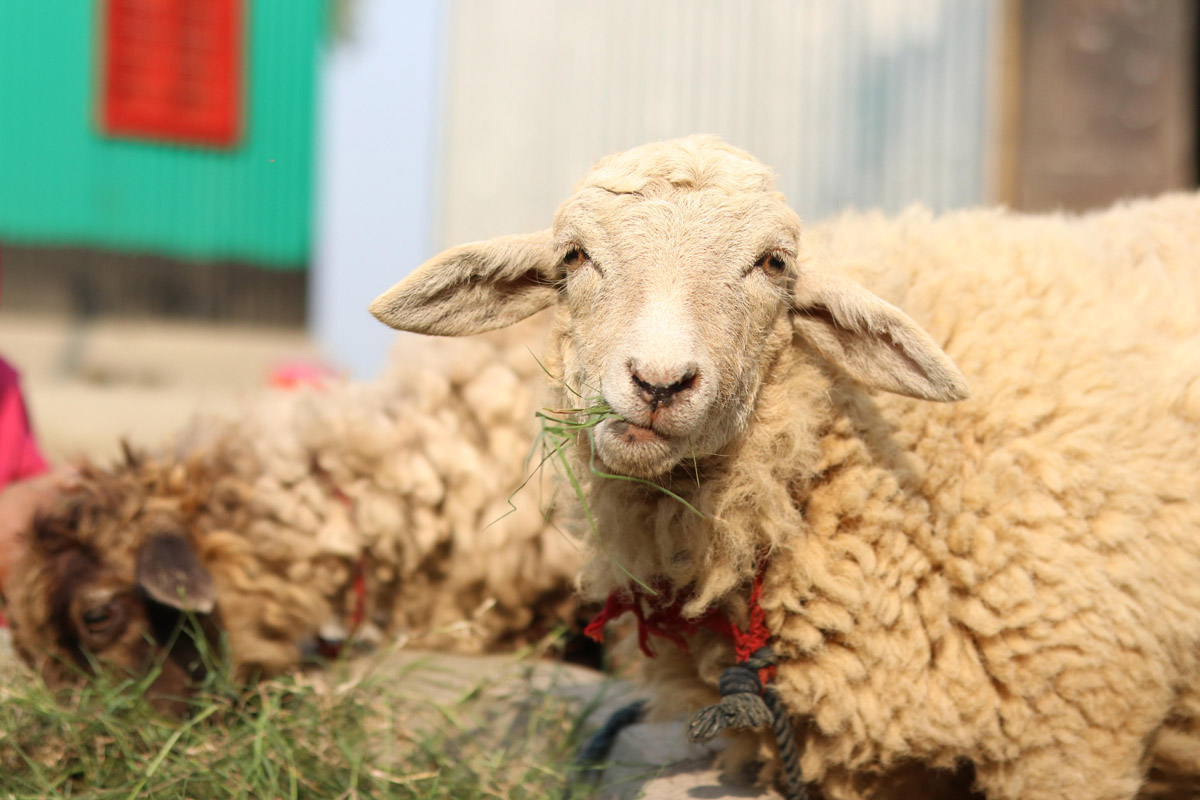





 Tech & Innovation
Tech & Innovation Climate Change
Climate Change Volunteers
Volunteers Health
Health Migration
Migration